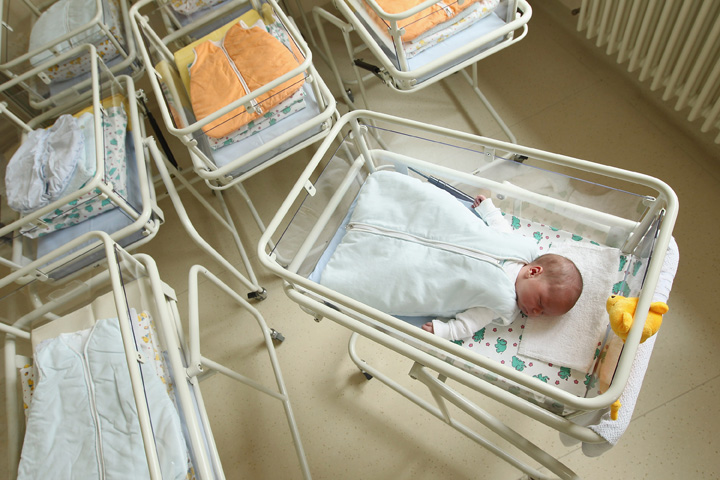The B.C. government is ending a controversial practice that social services contact health officials when there are potential safety risks to infants, without the parents’ consent.

The practice, known as “birth alerts,” has been long used in hospitals in a number of provinces, and was condemned by the country’s inquiry into missing and murdered Indigenous women and girls.
The Ministry of Children and Family Development issued the alerts, which could result in the potential seizure of a child when social workers get a report about high-risk, expectant parents that could threaten the safety of the child at birth.
“We are changing the way we work with and support high-risk expectant parents to keep newborns safe and families together through a collaborative, rather than an involuntary, model,” said Katrine Conroy, Minister of the MCFD.
WATCH (DISTURBING CONTENT WARNING): Video shows newborn baby apprehended by Manitoba CFS and police

“Health-care providers and social service workers will no longer share information about expectant parents without consent from those parents and will stop the practice of birth alerts.”

Get breaking National news
According to the MCFD, between September 2017 and September 2018 at least 293 birth alerts were issued, of which 52 per cent involved an Indigenous person. Indigenous people make up just 5.9 per cent of B.C.’s population.
The ministry says in 211 of those cases the child remained with their parents in the month after birth. It said the removal rate among Indigenous and non-Indigenous children was virtually equal, 27.9 per cent versus 27.8 per cent.
The move comes about three months after APTN reported that the MCFD apprehend an Indigenous newborn dubbed “Baby H” two days after it was born in Kamloops, and had initially attempted to take the child just 90 minutes after birth.
A video of a similar incident in Manitoba went viral in January, sparking backlash.
On Monday, Conroy said that birth alerts have been disproportionately used on marginalized and Indigenous women, and can be traumatic to mothers.
Conroy said the province’s new approach would instead focus on providing early supports and preventative services to expectant parents which she said allows for a “more trusting, collaborative relationship with service providers.”
The province says the move will also help B.C. meet the goal of better keeping Indigenous children out of government care.
B.C.’s move comes after Saskatchewan rejected calls to end birth alerts in June.








Comments